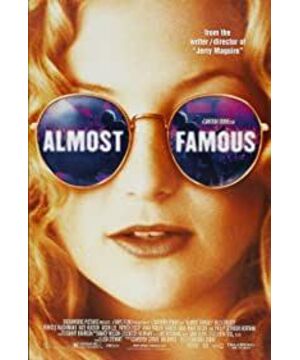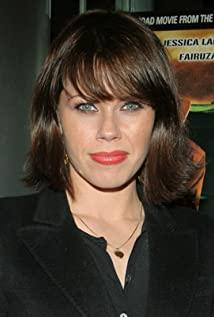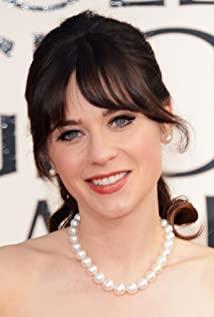Among the dozens of films I have watched in the past six months, it is rare to laugh and cry, and I am very comfortable to watch them. Two are Cameron Crowe's works, one is "Mr. Sweetheart" and the other is "Almost Famous".
When I watched it, I didn't realize that they were made by the same person. I just felt that from the narrative clues, they all felt like walking on a tightrope, jumping and light. The story seems very casual for a while, but it does not break up. The large number of lyrical paragraphs in the middle are very touching, and there is no narrative function, so it will not be abrupt when placed inside. It's very different from the way we used to be familiar with drama, but the paragraphs are closely connected, with both characters and stories. It has to be said that it is an innovation in the script. It is no wonder that both films were nominated for the Oscar for original screenplay.
The following points are the most inspiring to me:
First, the history of the characters is placed directly at the beginning. The first 15 minutes of this film are all about the hero's childhood experience, which has little to do with the main plot. Generally, when we write the script, we will consider deleting it altogether, and quickly enter the theme after the opening. But "Almost Famous" spends a lot of space on the protagonist's family background, his strange mother, his desire to grow up, and his sister who likes rock. These have an impact on the formation of his character. So such a beginning, it is easy to go to a personal biopic. Later, it did prove that, emotionally and thematically, this film is a biopic about personal growth. Although the main plot behind it is presented as a road movie.
Two, the family line from beginning to end. Can you take it off? It doesn't actually affect the main line. But here, this clue can be seen as the externalization of the male protagonist's inner line. His growth is reflected in the relationship with the original family, from being ignorant and obedient, to having his own ideas, and finally reconciling, such a process. Another role is related to the theme. We can feel that this theme is by no means purely about the spirit of rock and roll, but from a perspective of a person who understands rock and roll and is an outsider, to experience it "simply". Mothers are undoubtedly those traditional conservatives who are prejudiced against rock and roll, and the male protagonists who are deeply influenced by their mothers will never do things that are outside the mainstream values, such as "drugs", and have feelings for people (friendship, love). There are pure emotions, which is the so-called "honest child". The family line is so important to shaping this honest child, and it brings us a unique perspective.
Third, the seemingly open ending. While watching this film, I was forced to interrupt several times to do other things, and when I was doing other things, I couldn’t help but keep thinking about the story of this film, guessing how it would end. If it was a road movie, it would be that the rock band won a big victory at the end, the report written by the male lead helped the band become famous, and the lover of the male lead and the female lead ended up getting married. If it ends in a biopic, it means that the male protagonist has experienced the warmth and warmth of human beings and seen all kinds of situations in the world through this experience, and then relies on friendship and love to break through himself and realize his dreams. These two endings are actually pretty vulgar, and they are predictable climaxes. I'm just curious how the writers will make the ending of this movie. It was this curiosity that made me get rid of the troubles caused by interruptions again and again until the end. Frankly speaking, there are no special surprises, but the current processing is indeed more advanced and refined than the above two guesses. It cuts off the progress of the road film, takes it back at the door, returns to the context of the personal biopic, and retains the plot clues of the road film. That is to say, this ending uses the way of a long biopic to complete the ending function of a road movie, and what is more advanced is that everyone (every main character!) has a character arc for this! We didn't see the big win "fame", but we saw the characters grow so that they were all "almost famous" in their own way, which is awesome!
Fourth, the mashup of genres and the effective interpretation of themes. The difficulty in adopting this type of mashup is how to rub the two narratives together, rather than the two skins whose faces and hearts are at odds with each other. The great thing about screenwriters is that we follow your heart all the time! He is not manipulated by genres or limited by routines, but follows his heart and the theme, and uses all means to express a core idea. This idea is not just about growing up, and not just about rock and roll, but about the life of rock and roll, and the rock of life. I named it: the intersection of two lines, a heart that refuses to be kitsch.
View more about Almost Famous reviews











